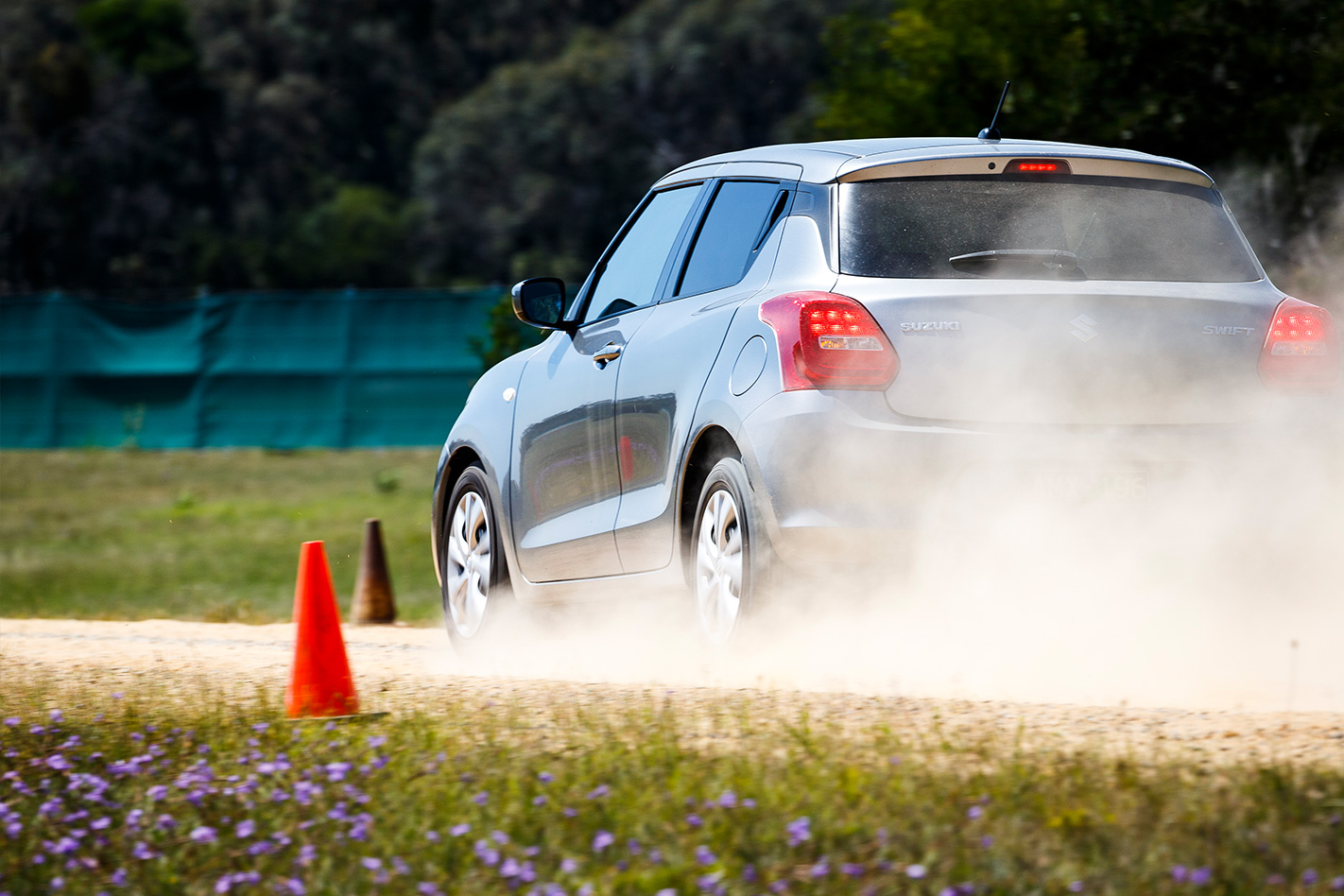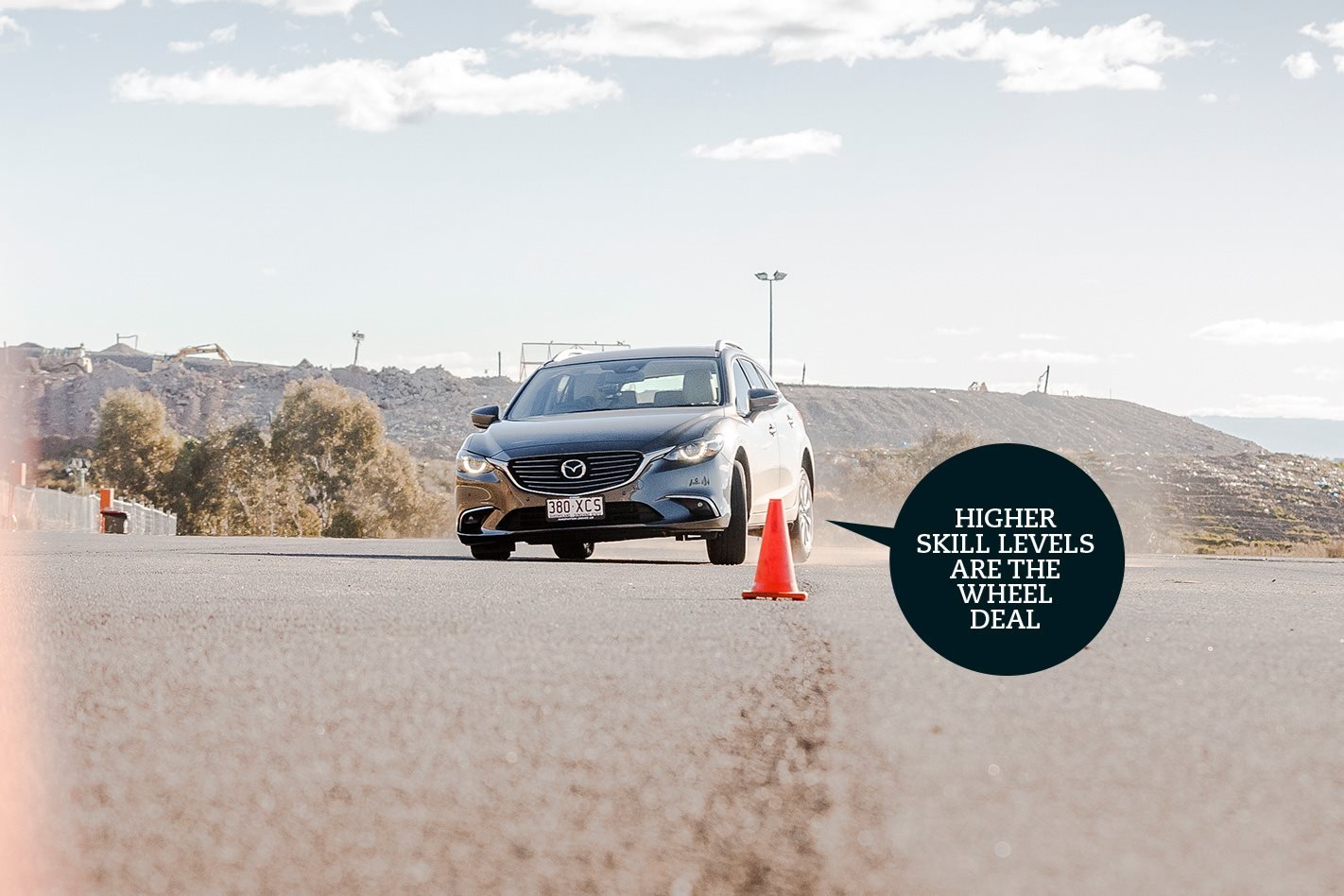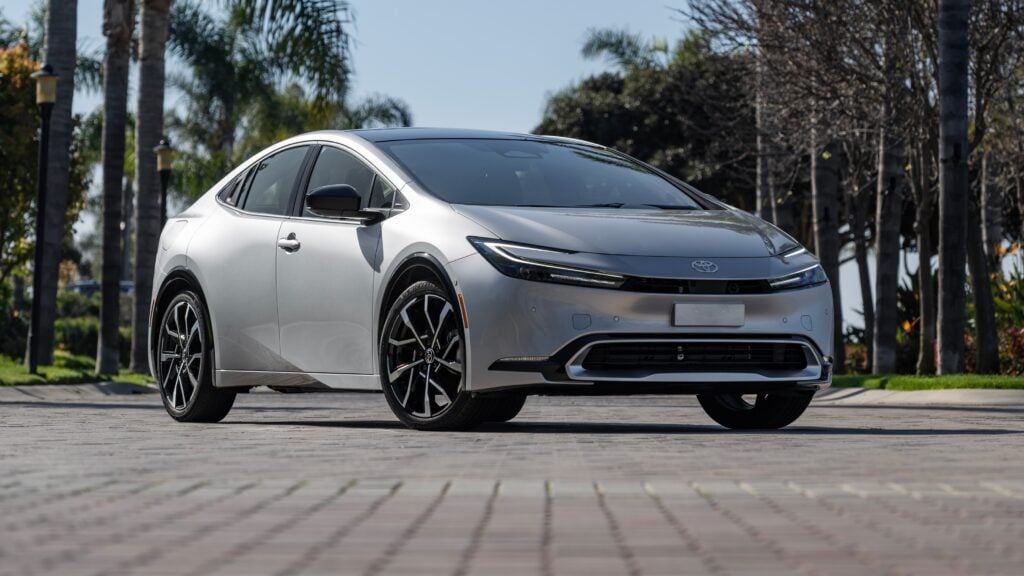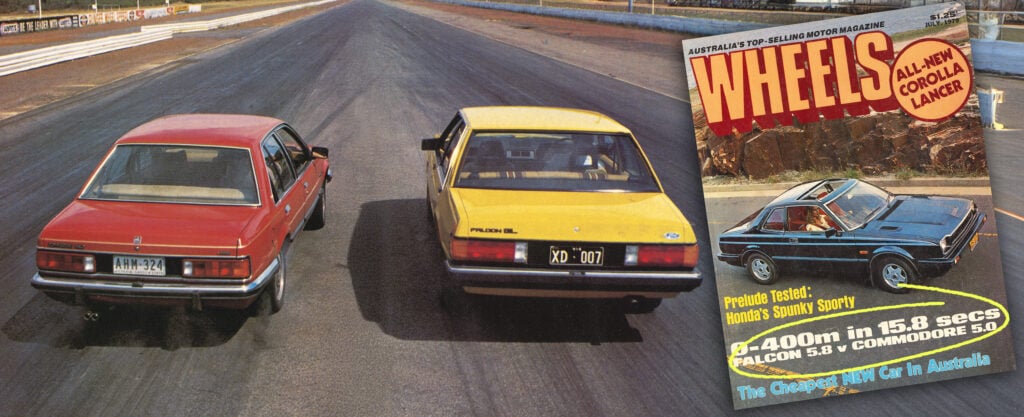I was watching the cricket the other day, my body immobilised in the kind of holiday-induced coma that only a prolonged diet of Christmas ham and too much beer seems to create, when my brain managed a moment of coherent thought.
As I watched the Aussie attack tear through the English top order, I wondered, “could I give that a go?” A quick and rather brutal assessment of my meagre skill with bat and ball concluded that no, I couldn’t.
Nor could I beat Novak Djokovic at tennis, nor Rob Cross at darts.
Why then, if presented the opportunity to drive a Formula 1 car, or even a V8 Supercar, would most of us instantly think, “I could do that!”
Reading this magazine suggests you enjoy the thrill of driving and, like me, probably consider yourself to be above average behind the wheel. Yet when was the last time you actively worked on improving your driving ability? As in, consciously zeroed in on the skills required to drive quickly and safely: braking, throttle and steering inputs, vision, etc. It’s an interesting thought to ponder given how 2018 has kicked off.

Speed, the infamous poster child of the ‘Towards Zero’ campaign, is of course cast as a primary villain, but the government’s Black Spot program and mobile phone use have also come under the microscope.
The witch-hunt has even seen tourists feel the wrath of politicians, despite the lack of data to support the argument that foreign drivers are over-represented in fatal accidents.

Yet I’d argue a key issue at the root of Australia’s road toll problem is being largely ignored: driver training and education.
Like cricket, driving is a skill that requires practice and ideally, regular professional instruction, yet the only training on the CV of most Aussie drivers comes from their parents.
One possible saviour lurking on the horizon is autonomous cars, with many experts predicting their combination of cameras, sensors and millimetre-perfect GPS systems will eventually be much safer and more reliable than humans as the technology improves.

While systems that support the driver and help to reduce fatigue on long journeys are undoubtedly a good thing, the risk is that drivers will gradually and subconsciously disengage from the act of driving, further eroding their skill and ability when the time comes for them to actually assert control.
Of course, the multi-faceted nature of the road toll problem means it’s too complex to pin on a single culprit, but surely offering greater incentives for driver training, or making it mandatory for all Aussies to attend a defensive driving course every time they renew their licence, makes more sense than erecting more speed cameras or fining motorists for being a few kays over. Or blaming tourists.






